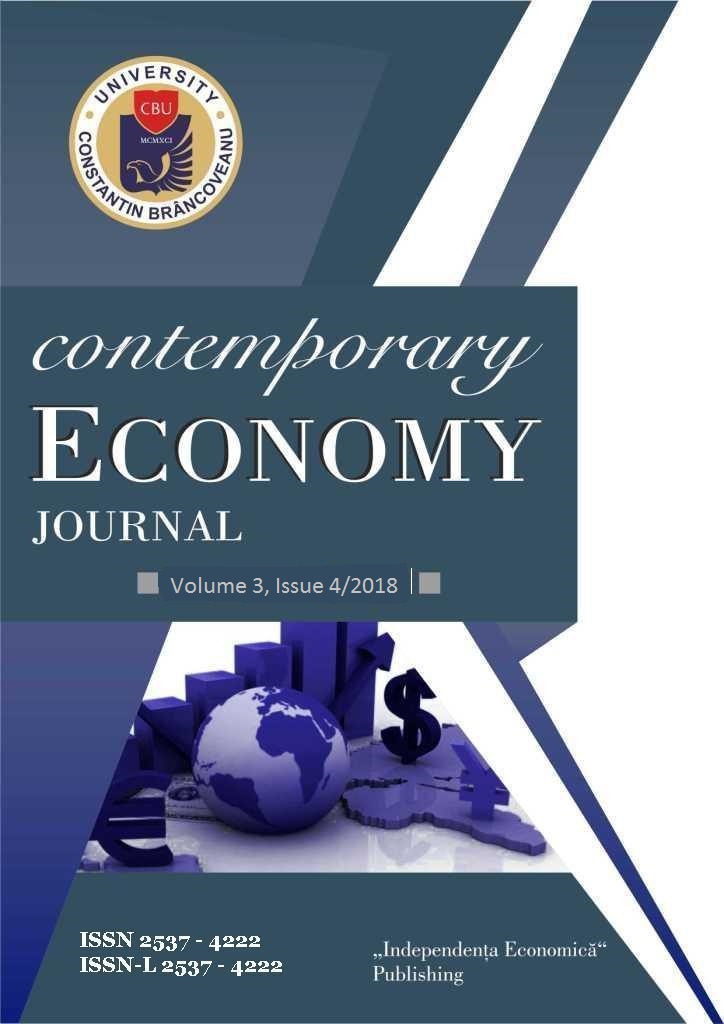MONEY LAUNDERING - FACTOR OF DESTABILIZATION, CONTAMINATION AND GROWTH OF THE REPUBLIC OF MOLDOVA’S BANKING SECTOR SYSTEMIC RISK
MONEY LAUNDERING - FACTOR OF DESTABILIZATION, CONTAMINATION AND GROWTH OF THE REPUBLIC OF MOLDOVA’S BANKING SECTOR SYSTEMIC RISK
Author(s): Vadim LOPOTENCOSubject(s): Supranational / Global Economy, Financial Markets
Published by: EDITURA INDEPENDENŢA ECONOMICĂ
Keywords: money laundering; banking system; systemic risk; destabilization;
Summary/Abstract: The success of criminal activity is dependent on the possibility to launder the money received by the illegal way through the banking system. The use of banking systems for money laundering leads to the undermining of individual banking institutions and, ultimately, of the entire banking system. At the same time, the increased integration of world banking systems and the removal of barriers to the free movement of capital have increased the ease with which illegal money can be launder and complicate the money tracking process. At the same time money laundering is a major factor in the contamination of the entire economy: this phenomenon can erode the integrity of a country's banking institutions. Banks, as providers of a wide range of fund and credit transfer services, can be used in all phases of money laundering, placement, stratification and integration. Electronic funds transfer systems allow for rapid transfer of funds between accounts under different names and jurisdictions. In this way, we will analyze the influence of money laundering on the systemic risk and on the stability of the banking system in the Republic of Moldova.
Journal: REVISTA ECONOMIA CONTEMPORANĂ
- Issue Year: 3/2018
- Issue No: 4
- Page Range: 139-147
- Page Count: 9
- Language: English

